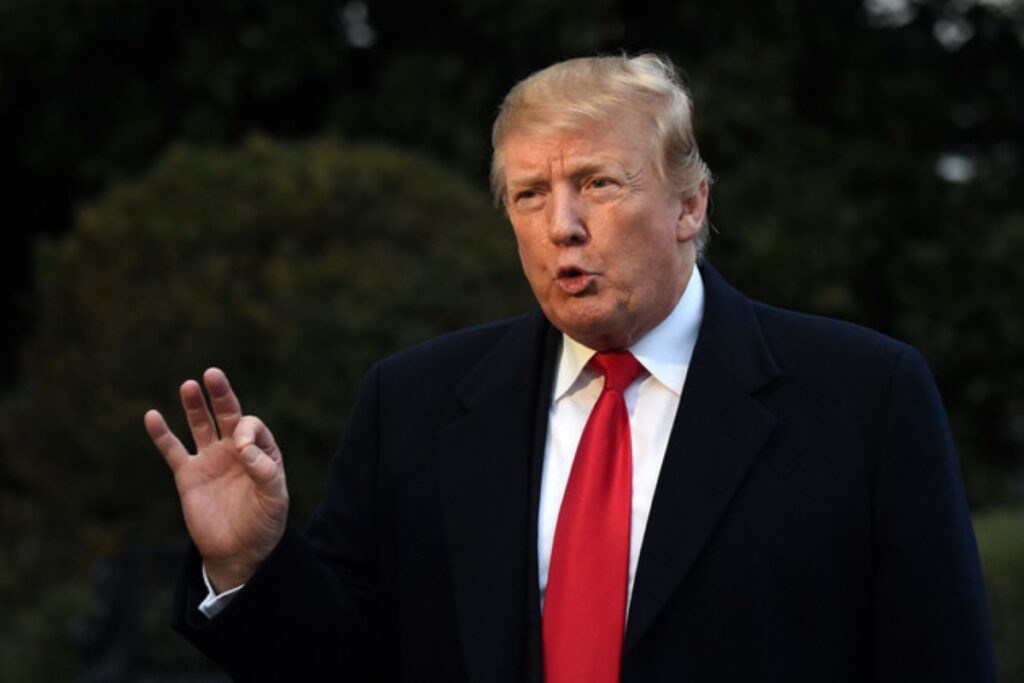
Allen Weisselberg, the former CFO of the Trump Organization, admitted to lying under oath to the New York attorney general’s office during an investigation into Donald Trump. His guilty plea could have significant implications for Trump’s legal team, including attorneys Alina Habba and Clifford Robert.
Judge Arthur Engoron expressed skepticism about Weisselberg’s credibility as a witness, questioning his ability to remember his role as the Trump Organization’s finance chief during Trump’s civil fraud trial.
Engoron demanded answers from Trump’s lawyers after it was revealed that Weisselberg had secretly negotiated with Manhattan District Attorney’s prosecutors. According to the New York Rules of Professional Conduct, lawyers are prohibited from knowingly offering false evidence.
If a lawyer becomes aware of false testimony, they are required to take remedial measures, including disclosure to the tribunal. Stephen Gillers, a legal ethics professor at New York University School of Law, emphasized the importance of disclosing lies to the court, even if it requires revealing confidential client information.
ALSO READ: Supreme Court Expresses Skepticism About Colorado Disqualifying Trump from Its Ballot
However, Gregory Germain, a law professor at Syracuse University, noted that lawyers only violate the rules if they knowingly use false testimony. They would not be subject to discipline if they were unaware of the falsehood. Germain explained that proving lawyers had actual knowledge of false testimony is challenging without the cooperation of the perjurer.
Weisselberg, a central figure in Trump’s New York cases, abruptly ended his testimony after reports suggested he had lied about valuing Trump’s penthouse apartment. He claimed minimal knowledge of the apartment’s valuation but has since admitted to lying under oath. Germain clarified that while Weisselberg’s admission of perjury is significant, it may not affect the civil case unless he implicates others.
POLL — Should Donald J. Trump Be Allowed to Run for Office?
Attorneys put their bar licenses at risk if they sit idly by while they know that their witnesses present false testimony under oath. As such, Weisselberg’s recent confession presents a unique and personal threat to Trump’s hired legal guns, who have already gained an unseemly reputation over their willingness to defend their client’s hate-fueled attacks on public officials, attack judges on his behalf, and play delay games by pitting court calendars against each other.
“The lawyers could face bar discipline if they knew that this testimony was false and did nothing,” said Rebecca Roiphe, who teaches at New York Law School. “The state bar attorney grievance committee could initiate its own investigation, or the trial judge could make a referral.”
ALSO READ: Texas AG Targets Those Who Sought His Ouster After Surviving Impeachment Trial
V. James DeSimone, a civil rights attorney, stressed the importance of lawyers thoroughly vetting their cases and persuading witnesses to tell the truth. Even with rigorous vetting, false testimony can still arise. In such cases, lawyers have an obligation to refuse to offer false testimony to the court.
In conclusion, Weisselberg’s guilty plea underscores Trump’s team’s legal challenges. As the investigation unfolds, the implications for Trump and his associates remain uncertain.
You Might Also Like:
Taraji P. Henson, Others Step Out to the American Black Film Festival Honors Red Carpet
Authorities Find Missing Houston Girl E’minie Hughes, Arrests 27-Year-Old Man
Texas AG Targets Those Who Sought His Ouster After Surviving Impeachment Trial
Sam Asghari Speaks on Britney Spears’ Divorce, Claims He’ll Never Speak Badly About Her
James Crumbley’s Trial Begins After Court Declared Wife Guilty in Son’s School Shooting
